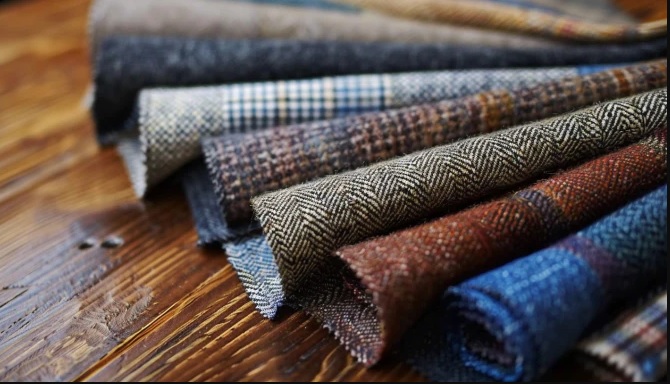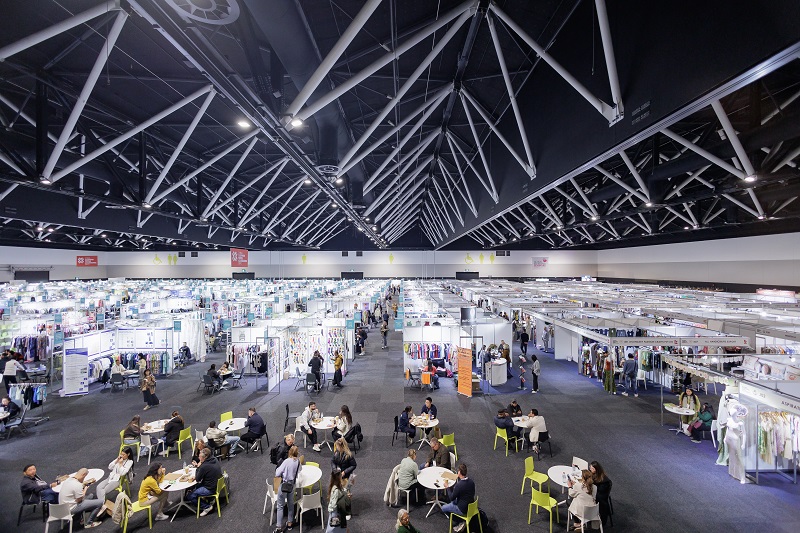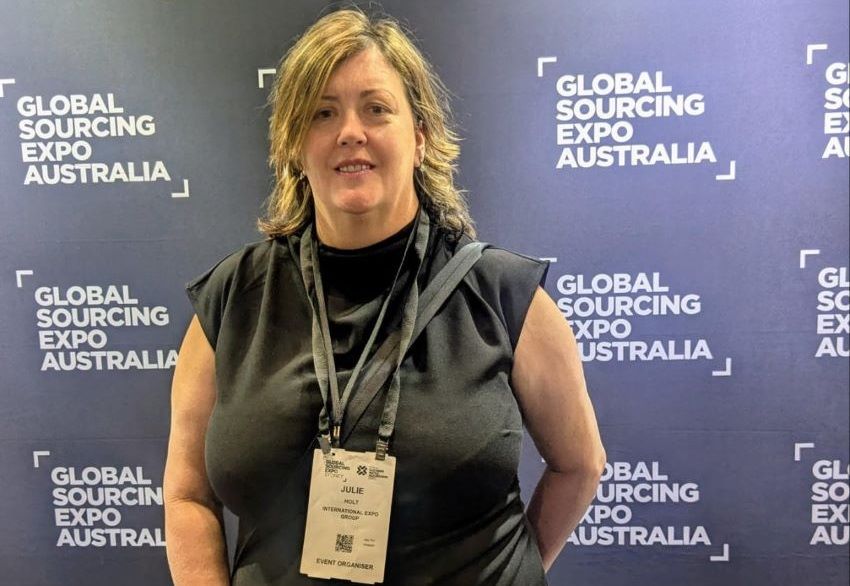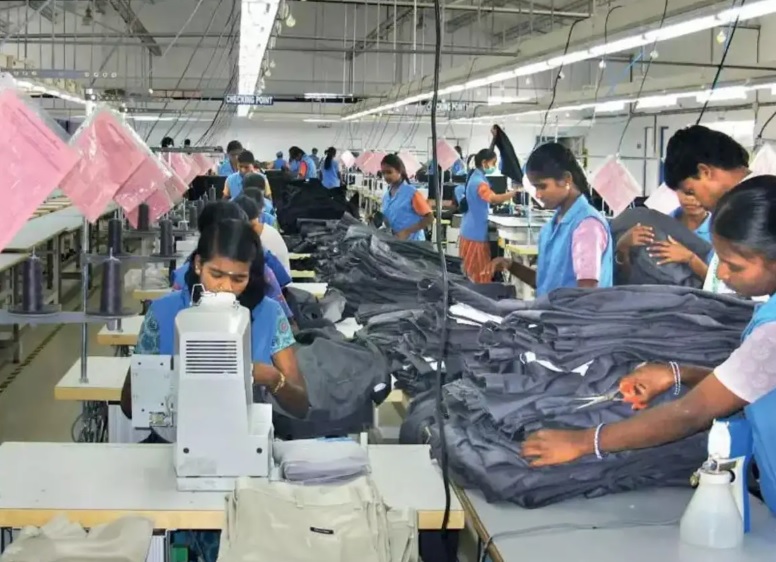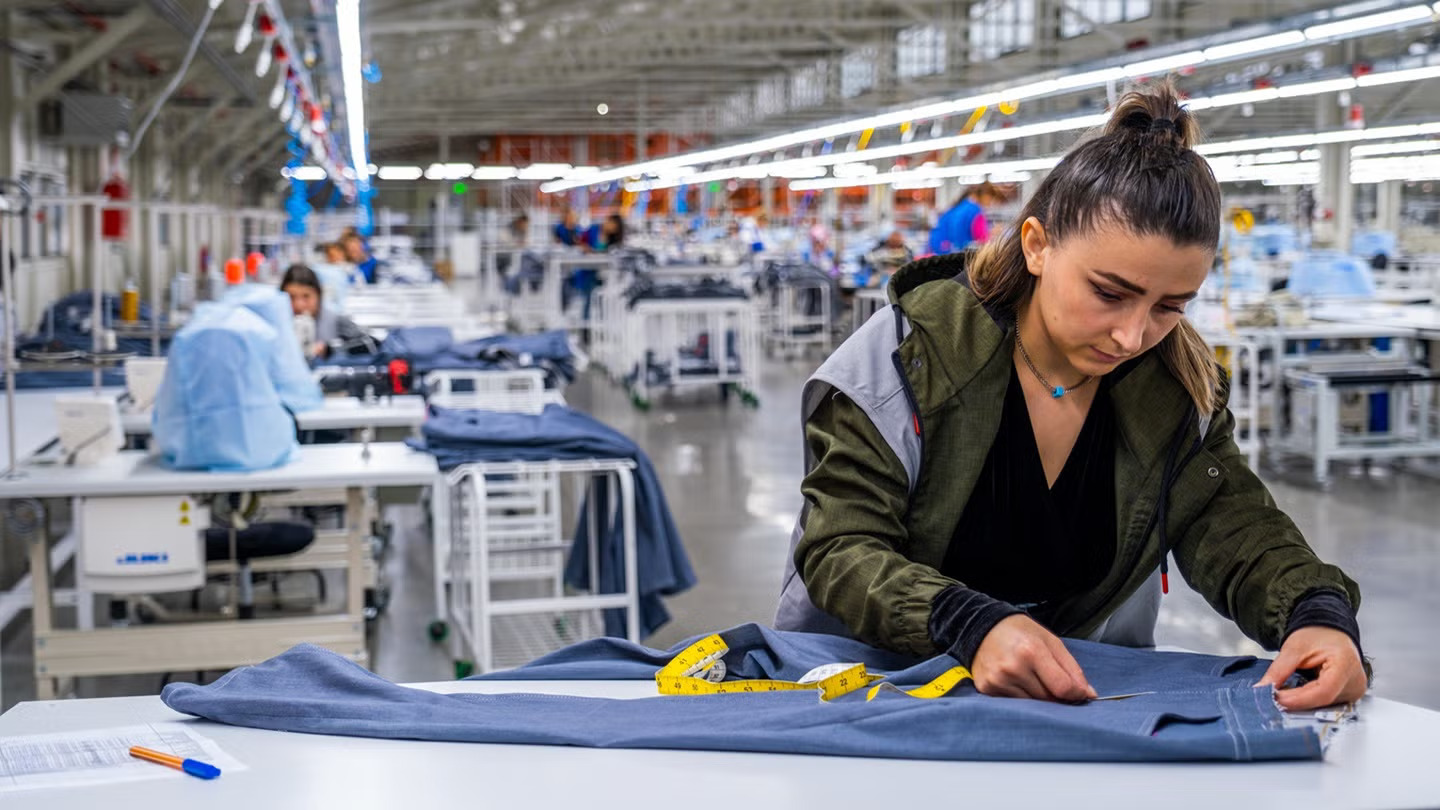FW
Indian entrepreneurs can invest in Bangladesh’s weaving sector. The country offers numerous opportunities as local weavers cannot meet the demand for fabric due to inadequate production capacity. Spinners are able to supply 90 per cent of the yarn needed for knitting sector, while weavers can meet only 40 per cent of the demand for fabric in the garment sector.
The garment sector in Bangladesh would benefit if Indian entrepreneurs set up weaving factories in Bangladesh as local businesses have to import fabrics at present, which is time consuming. India is looking for investment opportunities in the textiles sector. The total fabric requirement is about three billion yards, of which 85 to 90 per cent is imported from countries like China, India, Hong Kong, Singapore, Thailand, Korea, Indonesia and Taiwan. Fabric demand is increasing at the rate of 20 per cent per year.
Textiles and readymade garments represent a significant portion of Bangladesh’s economy, accounting for more than 60 per cent of the country's industrial labor force and more than 80 per cent of its annual exports by value.
Bangladesh is the world's second largest readymade garment exporter. It is courting investment to diversify its manufacturing base, currently focused on textiles, to include low end electronics and automobile assembly.
India is contemplating imposing an anti dumping duty on jute imports from Bangladesh and Nepal. The aim is to protect the domestic industry. Jute is a natural and an eco-friendly fiber, derived from the inner bark of the plant. Uses include: packaging, geo-textiles, protection of rooting plants, making of cloths, bags, wrappings, boots and shoe linings. It is also used to make ropes, strings, upholstery foundation, curtains and furnishing fabrics. Jute can also be mixed with wool for fine yarn and fabric production.
A subsidy of 7.5 per cent by Bangladesh for export has resulted in jute flooding the Indian market. Manufacturers in India want penal duties to be imposed on jute imported from across the border to nullify the impact of export subsidies given by Bangladesh, making its products cheaper here in the absence of import duty. The jute industry in India provides direct employment to 3.7 lakh workers and supports livelihood of 40 lakh rural families. Domestic demand dropped drastically during the Rabi marketing season 2014-15 due to higher carryover stock from the previous year.
Many states, including West Bengal, where most jute mills are located, are now increasingly plastic bags to pack agriculture produce, especially sugar. This has forced shut down of several jute mills while many others are working below capacity leading to workers’ unrest.
Indian firms plan to set up shop in Vietnam. At least four Indian enterprises are exploring investment opportunities in the textile and dyeing sector in Vietnam. Vietnam is expected to quickly increase its fabric production capacity to meet the rules of origin in free trade agreements. While the ratio of locally-produced fabrics is low, the yarn-forward rule in the Trans-Pacific Partnership trade deal and the fabric-forward rule in the free trade agreement between Vietnam and the European Union require Vietnam’s fabric production capacity to rise.
Vietnam is a big yarn producer with a production volume reaching more than 9,00,000 tons last year. But two-thirds of it is exported. With textiles and garment exports amounting to over $24 billion last year, Vietnam needs around 8.5 billion sq. mt. of fabric.
Vietnam plans to increase the proportion of locally-made fabric. Around three billion dollars of foreign capital have been pledged for Vietnam’s textile and dyeing in the past 18 months. Supporting policies in terms of land and wastewater treatment for enterprises investing in textile and dyeing facilities are necessary. To produce an additional five billion square meters of fabric, much land and investment would be needed for construction of production and wastewater treatment facilities.
Kingpins will be held in Amsterdam, October 28 and 29. About 50 denim specialists from Europe, the US and Asia are expected to attend. Several among the industry's major players are expected to take part, such as Advance Denim, Artistic Fabrics Mills, Arving, Blue Farm, Cone Denim, Denim Valley, Lenzing and Tavex. The professional gathering will feature many talks covering seasonal trends and the industry’s major innovations.
Besides an analysis of spring/summer 2016 fashion shows and the spring/summer 2017 denim trends, Invista will showcase its latest knit denim offerings, while a round table talk will be dedicated to the premium segment, both in its original and current meaning. Kingpins was founded by Andrew Olah and launched in 2004 in New York as an invitation-only, boutique denim sourcing show featuring select vendors that include denim and sportswear fabric mills from the US, Japan, China, India, Morocco, Pakistan, Egypt, Mexico and Europe, wash houses, full package manufacturers, trim providers and business solutions. Only the best brands are invited.
The trade show has acquired cult like status among denim professionals over the years. Kingpins grew into a platform with biannual editions in New York, Los Angeles and Hong Kong.
kingpinsshow.com/main/default/cities.aspx

 staying put in
staying put in
A look at the changing dynamics of luxury segment
Many luxury brands struggled in 2014 amid lower economic growth and political instability in developing markets. Several brands shifted their short-term attention back to growth opportunities in United States, which is rebounding nicely post-financial crisis. Still, developing markets remain long-term targets: Today, emerging markets comprise about 30 per cent of the global luxury market. And with wealth creation opportunities and the fast growth in the number of high-net-worth individuals, developing markets will continue to grab share. In this year's special feature, the report examines luxury in the GRDI top 30 markets and discusses how luxury brands are adapting their strategies in order to succeed in a diverse and evolving landscape.
To understand the level of luxury development in emerging markets, report analyzed 15 leading luxury brands — the ‘Luxury 15’—and their standalone store presence in the GRDI's top 30 countries. In general, brands' presence in countries tends to increase with the size of the wealthy population and is an indicator of the ability and predisposition of local consumers to buy luxury. Emerging markets fall into three tiers of development, with different implications for brands looking to enter or expand in the markets.
Established luxury markets are Brazil, China, Kuwait, Malaysia, Qatar, Russia, Saudi Arabia, Turkey, and the UAE, Middle of the pack luxury destinations include Azerbaijan, Colombia, Jordan, Kazakhstan, Mexico, India, Indonesia, Panama, and the Philippines and emerging luxury markets include Angola, Botswana, Chile, Mongolia, Nigeria, Oman, Peru, Sri Lanka, and Uruguay. The report indicates that opportunities for luxury abound in developing markets; however luxury brands' strategies have to be tailored to the local market to succeed. To minimize risk, established luxury markets such as China and the UAE are safe yet competitive environments. In mid-tier markets such as India, players need to actively build their brands and be ready to pounce once luxury real estate becomes available. For those that are more intrepid, breaking ground in new frontiers could pay off big in the long run if they can get past the initial challenges. Following is a closer look at these three tiers of markets.
Developing markets hold exciting prospects
The 2015 GRDI reflects a retail environment in developing markets filled with exciting challenges. The role of these markets sources of growth, it says, continues to entice global retailers, which are still investing in building a long-term advantage. Even as they become more selective in their expansion strategies in new frontiers, they are clearly committing to the long haul.
www.atkearney.com
Bilateral trade between India and China has grown manifold in recent times. India has emerged as the seventh largest export destination for China.
India’s import list of more than 200 items from China is mostly dominated by textiles, smart phones, LED, electrical and electronic equipment, machinery, boilers, organic chemicals, plastics, furniture, lighting, paper and paperboard, glass and glassware.
In the home life segment, the most popular imported items were furniture and lighting equipments to the tune of $6747.40 million in 2014 compared to $6014.60 million in 2013. Similarly, the import value of plastic and plastic items was $1716.90 million as against $1255 million in 2013. The value of Chinese imports in glass and glassware segment for 2014 was $296.60 million while the import value of paper and paper boards and pulp articles was $382.50 million.
A Chinese business delegation comprising 600 leading textile and manufacturers and traders of electronics and furniture is headed for a three-day business trip to India in December. The delegation is scheduled to visit Ahmedabad, Mumbai, Indore, Nagpur and Pune.
The Chinese manufacturers and traders are expected to interact with more than 25,000 Indian traders and captains of Indian industry.
The Cotton Textile Export Promotion Council (TEXPROCIL), a Government of India Enterprise has granted Indo Count Industries the silver trophy for the second highest exports of made-ups in ‘Bed Linen / Bed Sheets / Quilts’, under the Category - III for the year 2014/15.
Earlier, the company was at the third position, and now, with this trophy, it has becomes the second largest manufacturer exporter of bed linen, bed sheets and quilts from India.
The company prides itself of being a blend of quality, expertise and technology it adheres to, to create incomparable standards for finest textile trends, product innovation and world class infrastructure. It also has the ability to explore and support the innovation and creation of new textile products and functionalities.
Indo Count delivers products with the fusion of best techniques, technologies and impeccable minds. It has always put in efforts to be updated about the dynamic and ever-demanding needs of the market. Therefore, it has evolved as a diversified manufacturer of world-class bed linen in different qualities and 100 per cent cotton and blended yarn.
www.indocount.com
The Accord on Fire and Building Safety in Bangladesh will inspect 100 more garment factories as its signatory brands have provided a fresh list from which they source apparel products.
Over the last couple of months, brands have sent a list of over 100 factories to Accord that have been newly listed and that need to be inspected. The list includes those factories from which Accord signatory brands source clothing products.
Accord, the platform of 190 European retailers, started its inspection of readymade garment factories last year and completed inspection of over 1,300 factories. It is supposed to inspect around 1,600 factories.
During the inspection, Accord found critical failures which are threatening workers’ safety in more than 50 factories. Of the 50 factories 26 were closed while eight were partially closed.
Later on, eleven factories were allowed to resume production on condition of completion of the necessary corrective measures. The outcry over safety issues began after the Rana Plaza factory disaster that killed over 1,135 workers and injured over 2,500 people in April 2013.
After the disaster, Accord made a commitment to provide financial and technical support to improve fire and building safety standard of readymade garment factories from which European retailers source products.
bangladeshaccord.org
A new initiative that seeks to improve working conditions in clothing manufacturing around the globe has been launched by Levi's, H&M, Nike and Adidas, among a group of clothing brands.
Organised by the Sustainable Apparel Coalition (SAC), the project aims to organise various audits and assessments that manufacturers need to comply with into one standardised assessment. This initiative, according to the industry, will greatly curtail expenses on duplicated auditing and invest the same saved to improve social welfare for workers.
In a statement made by SAC, its mentioned that with brands and retailers applying their own slightly different standards, manufacturers are allocating valuable resources to manage a steady stream of audits. This duplication reduces the value of audits and consumes resources that could otherwise be applied to making improvements, along with contributing to ‘audit fatigue’.
SAC called for collaboration among brands to reach a common social assessment standard, method or tool for social and labour performance measurement in apparel and footwear supply chains. It believes that this effort could be applied to other industries afterwards.
SAC also implemented a successful framework on environment, which seeks to provide an answer to calls from the European Commission, the Organisation for Economic Co-Operation and Development (OECD) and a number of European countries for a standardised, global approach to improve the majorly dismal working conditions that persist in many areas of the global apparel supply chain.
www.hm.com
Sri Lanka’s trade deficit saw a marginal improvement in August 2015 thanks to a sharp slowdown in import expenditure. The deficit in the trade account in August 2015 contracted marginally by one per cent. Total earnings from exports declined by a sharp 19.5 per cent, year-on-year, and expenditure on imports declined by 11.7 per cent.
Despite the slowdown in imports during the first eight months of 2015, the cumulative trade deficit at end August 2015 had increased by five per cent, as a result of poor export performance on account of damped global demand.
Export earnings from textiles and garments, which accounted for half of the exports in the month, declined by 6.6 per cent, reflecting a reduction in exports to the EU market for the sixth consecutive month.
On a cumulative basis, export earnings declined by 3.4 per cent, year-on-year, during the first eight months of 2015 largely due to weak global demand. The leading markets for merchandise exports of Sri Lanka during the first eight months of 2015 were the USA, UK, India, Germany and Italy, accounting for about 51 per cent of total exports.
During the period from January to August 2015, Sri Lanka’s main imports were from India, China, Japan, UAE and Singapore, accounting for about 61 per cent of total imports.

